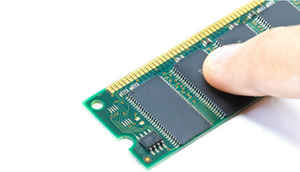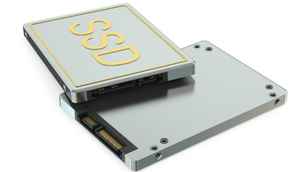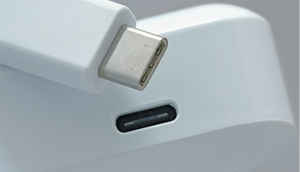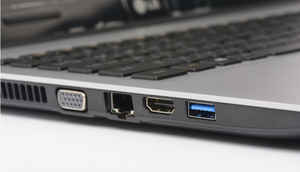
A laptop is an investment for today and the future. So, follow the old English proverb Measure Twice, Cut Once when it comes to buying your next laptop. Read on to see what mistakes you can avoid while making the big purchase

1. Buying the cheapest available laptop out there
We understand the temptation to buy the cheapest model available in the market while looking for an affordable laptop, but we advise you not to. More often than not, spending that extra five or six thousand rupees can make a big difference to the way you see your laptop not just after purchase but a year into using it as well. These extra bucks could form the difference between 4GB of RAM and 8GB or integrated graphics and dedicated.

2. Ignoring the keyboard
If your primary activity on the laptop involves a lot of typing, buy a laptop whose keyboard has ample key travel (keys that go deeper are better), good key shape (keys with a dimple are easier to recognise), sufficient resistance (hard-to-press keys lead to fewer mistypes) and adequate pitch (at least 19mm of space between the centres of the keycaps).

3. Buying a laptop with insufficient RAM
If you're planning to run Windows on your laptop, do not settle for 2GB of RAM. It will choke your OS and you'll see a lot of lag and stutter. Get a laptop with at least 4GB of RAM. If you can, get one with 8GB of RAM. Even if you don't get a laptop with the RAM capacity you want, ensure it has upgradeable RAM, so you can always upgrade to faster speeds when your budget allows it.

4. Not checking if the laptop SSD is NVMe or SATA
Given, a Solid-State Drive (SSD) is definitely faster than a Hard Disk Drive (HDD), but don't just stop there. If you really want to take advantage of the speed difference, ensure you're getting a laptop with the right kind of SSD: NVMe. PCIe NVMe SSDs have write speeds as high as 3500MB/s, while SATA III SSDs can only manage 500 MB/s.

5. Buying a laptop with a CPU that's over two generations old
With each passing generation, chipmakers like Intel and AMD improve on the process and architecture of their processors and bring in new innovations. For example, with the 7th-gen Core series processors, Intel introduced Optane, a means to improve speed on laptops with both SSD and HDD. As a rule, do not buy laptops with CPUs that are over two generations old.

6. Buying a laptop with USB Type-C ports but no Thunderbolt 3
USB Type-C is only a specification for connectors and cables. Thunderbolt 3 is a set of capabilities that can be achieved through USB Type-C. There are enough laptops in the market that have USB Type-C ports without Thunderbolt 3 support. So if you're planning to use Thunderbolt 3 on your next laptop, ensure that it has support for it.

7. Skipping dedicated graphics when you might need it
A laptop with a dedicated graphics card is better equipped for handling video. If you're even a little into video editing or gaming, consider ditching laptops with integrated graphics for one with dedicated graphics. Laptops with an entry-level dedicated GPU usually have an Nvidia MX130 or Nvidia MX150.

8. Falling for the USB 3.1 Gen 1 advantage
Not everybody knows that USB 3.1 Gen 1 is the other name for USB 3.0. If a laptop sells with the promise of USB 3.1 Gen 1 ports, just remember that they're the same as USB 3.0 and will achieve a maximum transfer speed of 5Gbps. Look for a laptop with USB 3.1 (also known as USB 3.1 Gen 2) to get 10Gbps of transfer speed.

9. Not recognising the importance of a Full HD IPS display
If you're into graphic design or love watching photos and videos in good quality, take our advice and buy a laptop with a Full HD display, especially if the size of the screen is over 14 inches. While you're at it, ensure the display is a non-glare IPS LCD panel. IPS technology ensures conistency of colours even when viewed from multiple angles and a matte fiinish over glossy finish ensures readability even under bright lights.

10. Relying too much on laptop speakers
If you consider yourself an audiophile, don't rely too much on laptop speakers even if they come with tagged with popular brand names like Dolby and Harman Kardon. No matter what you do, laptop speakers can never be as good as external speakers that are meant for good audio output. So don't let those big names influence your laptop-buying decision; you can always supplement your audio consumption experience with a good pair of speakers later on.